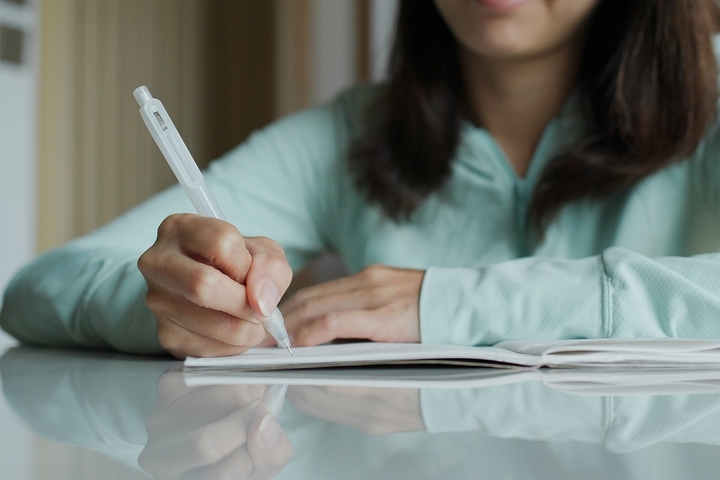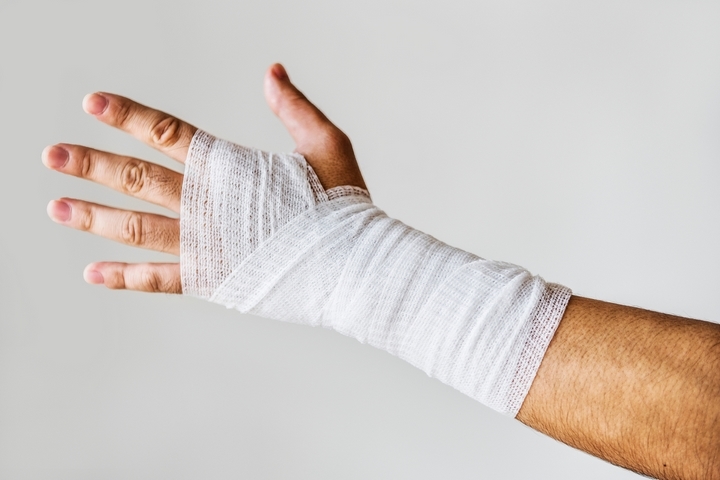A car accident can be extremely traumatic, especially if you suffer physical injuries. Even if you can escape an accident with little to no injuries, the accident can affect your confidence behind the wheel.
Dealing with the fallout of a car accident is often stressful since you have to deal with insurance companies. You will also need to work with a personal injury lawyer to handle claims. Potentially, you may be looking for a new car. Dealing with all these things, plus recovering from physical injuries, often causes people to put their mental health recovery on the backburner.
Because emotional injuries are easy to ignore, they can quickly fester under the surface and become more destructive. After a car accident, you may feel unusual stress, anxiety, or anger when it comes to driving. It’s worth looking into a few different techniques you can use to manage your mental health.
Let’s learn how to mentally recover from a car accident:
1. Talk to someone after a car accident.

Talking is a powerful tool you can use to work past trauma and regain confidence after a car accident. Many people make the mistake of avoiding the topic of the accident completely, which causes anxiety in the back of their minds. By sharing your thoughts and feelings on the accident, you’ll find it easier to overcome mental hurdles.
You may also want to talk about how your physical recovery is going and how your days have been since the accident. If you have a trusted friend or family remover you can rely on, talking is a great way to start to work your way back after a car accident. Counselling is also a worthwhile investment to help restore your mental health after a car accident.
2. Increase your activity levels.

While you might not feel like doing anything after a car accident, participating in your usual activities can help accelerate your mental recovery. Getting back to your routine while still pacing yourself for your injuries is important. At first, you’ll feel uncomfortable or even scared, but the more activities you participate in, the more this feeling will go away.
It’s also a good idea to find physical exercises you can do with your injuries, as exercise increases blood flow and produces endorphins that combat depression.
3. Start journaling after a car accident.

Journaling is a powerful mental exercise you can use to overcome the trauma of your accident. Writing down your thoughts has been shown to improve your mood and keep symptoms of depression under control. Writing about the accident can help you make sense of the incident and better deal with your emotions.
Journaling will help you subconsciously prioritize and address any fears or concerns negatively impacting your mental health. Your thoughts take on a different form once you write them down, which will become apparent after you re-read your journal entries. If you aren’t sure what to talk about in your journal, try writing about your recovery process and your days since the accident.
4. Drive with someone else after the accident.

If you were just in a car accident, there’s no need to rush back to be in a car by yourself. Driving with friends and family for a while is a simple but effective technique to ease yourself into the driving rhythm. You can let your comfort level dictate how long you need someone else in the car with you.
5. Address your physical injuries.

Addressing your physical injuries is key to making a full mental recovery. Following your treatment plan by taking time off work and performing your physical therapy exercises daily is a key part of recovering from a car accident. Remember not to be too impatient or hard on yourself as your body recovers. You can slowly ease yourself back into your routine over time.
6. Attend a defensive driving course.

Many drivers aren’t aware of the value they can gain by attending a defensive driving course. While driving may seem obvious, there are plenty of tools and techniques you can learn from a defensive driving instructor. During your defensive driving course, you’ll learn to anticipate danger better, stay focused, and develop safe driving habits. A defensive driving course will also improve your observational skills, which will help keep you safe while driving.
7. Drive with short trips

Short, quick trips are another great way to ease yourself into driving. Going for quick, non-demanding drives to the store will help restore your confidence and make you feel better about driving. While getting your confidence back, it’s important not to avoid the crash site. Avoiding the crash site, especially if you must go out of your way to do so, is feeding your anxiety. Having the confidence to drive through the crash site is an important milestone in your mental recovery.




